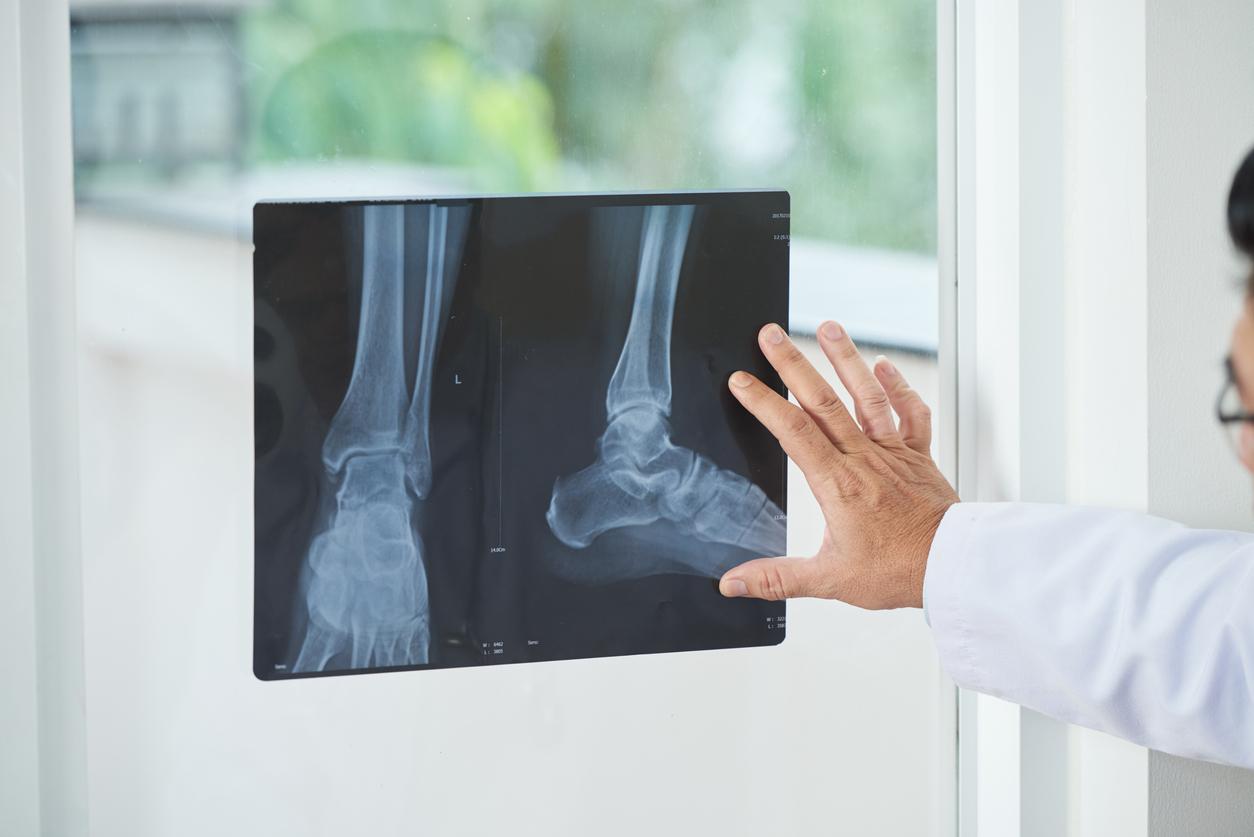Depending on your blood type, you have a greater or lesser risk of developing heart disease, strokes and certain cancers.

- The four main blood groups are: A, B, AB and O.
- Studies have found that blood type can increase the risk of certain diseases, such as heart disease, stroke, and certain cancers.
- Scientists are not able to explain the reasons, more research will be needed.
There are four main blood groups: A, B, AB and O. They have specific antigens, that is to say substances that produce antibodies, and therefore different immune responses.
People with blood group A have A antigens and those with B have B antigens. In contrast, people with AB blood have both A and B antigens and those with group O have neither. neither the other. These differences have important consequences.
For example, a person with blood type B has B antigens on their red blood cells. Therefore, its immune system will not analyze other B antigens as pathogenic. But, if A antigens are found in his body, through a blood transfusion for example, his immune system will try to destroy these cells as if it were an infection.
A higher risk of cancer for blood group A
Several studies have found that blood type can increase the risk of developing certain diseases. In an article published on the website of the Tufts University School of Medicine sharesRaymond Comenzo, hematologist and professor at this university, presents current knowledge related to the involvement of blood groups in the risk of developing a disease.
When it comes to cancer, scientific studies show that people with blood type A are at higher risk of developing stomach cancer. This is particularly because they are more carriers of the bacteria Helicobacter pylori. According to High Authority of Health (HAS), 6 to 10% of people affected byHelicobacter pylori will develop a stomach ulcer. This bacteria can cause inflammation and possibly lead to cancer.
Patients with blood types A, B, or AB also have a higher risk of developing pancreatic, lung, breast, colorectal, and cervical cancer. “The ABO gene may also play a role in increasing the risk of certain cancers“, explains Raymond Comenzo.

Higher risks of heart disease and stroke in groups A, B and AB
Blood types A, B and AB have a greater risk of heart attacks and bleeding disorders. In fact, thePeople with blood type A are at greater risk of suffering a stroke before the age of 60 compared to people with blood type O, according to a study published in the journal Neurology. The latter would also have a lower risk of dying from Covid-19.
Today, links between blood groups and certain diseases have been observed, but scientists cannot yet explain the reasons. Further research will be needed to better understand the true impact of blood groups on these risks, although this impact nevertheless remains small compared to controllable risk factors such as diet, physical activity, etc.
















